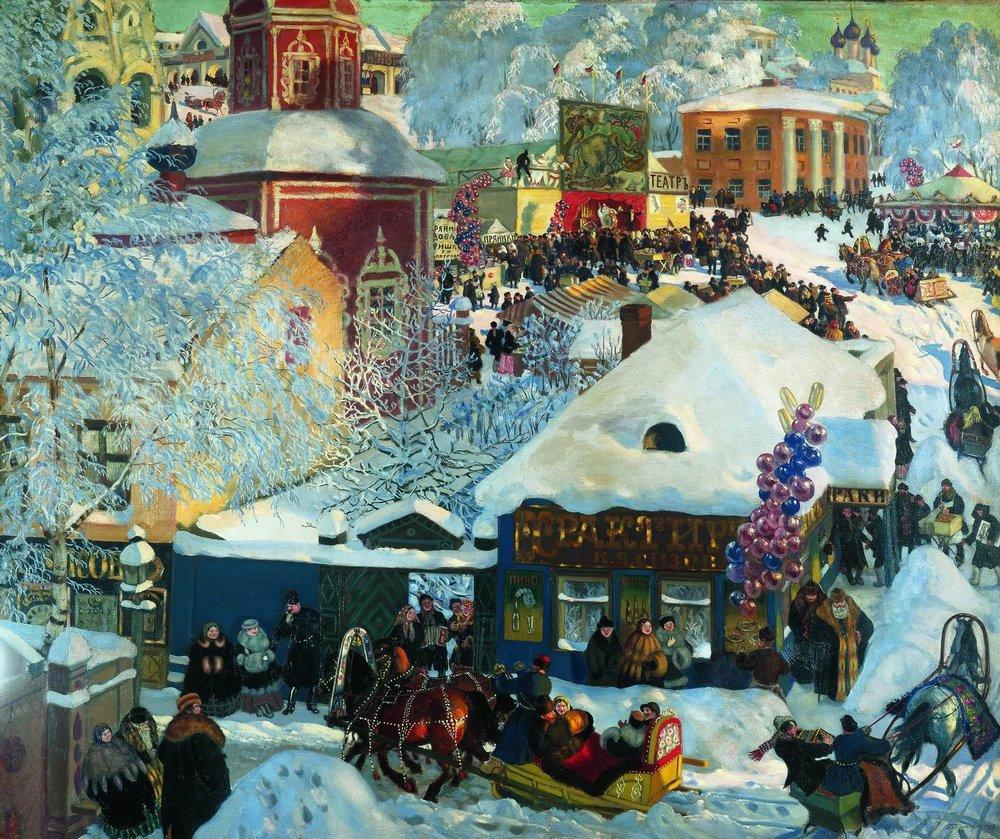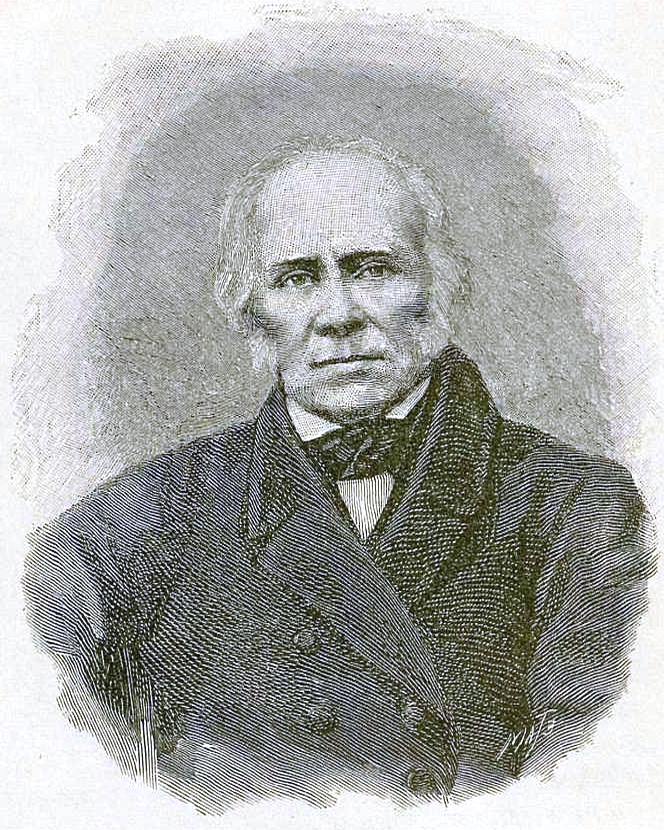|
Vasiliy Mate
Vasily Vasilyevich Mate (russian: Василий Васильевич Матэ; – ), or Mathé, was a Russian artist and engraver. While he was not the author of any major original works, he was one of the major engravers in Russia during the late 19th century. He collaborated with major Russian painters and produced engravings of their paintings, thus helping popularize Russian art. Selected paintings Granovskiy Timofey Nikolaevich.jpg, Timofey Granovsky Serov Alexandr Nikolaevich.jpg, Alexander Serov Mate tretyakov by repin ofort.jpg, Pavel Tretyakov Pushkin (by Mate).jpg, Alexander Pushkin Vasiliy Nazarovich Karazin.jpg, Vasily Karazin V. Mate. Portrait of Dmitry Rovinsky.jpg, Dmitry Rovinsky Nikolai Gogol2.jpg, Nikolai Gogol Nikolai Vasilyevich Gogol; uk, link=no, Мико́ла Васи́льович Го́голь, translit=Mykola Vasyliovych Hohol; (russian: Яновский; uk, Яновський, translit=Yanovskyi) ( – ) was a Russian novelist, ... [...More Info...] [...Related Items...] OR: [Wikipedia] [Google] [Baidu] |
Boris Kustodiev
Boris Mikhaylovich Kustodiev (russian: Бори́с Миха́йлович Кусто́диев; – 28 May 1927) was a Russian and Soviet painter and stage designer. Early life Boris Kustodiev was born in Astrakhan into the family of a professor of philosophy, history of literature, and logic at the local theological seminary. His father died young, and all financial and material burdens fell on his mother's shoulders. The Kustodiev family rented a small wing in a rich merchant's house. It was there that the boy's first impressions were formed of the way of life of the provincial merchant class. The artist later wrote, "The whole tenor of the rich and plentiful merchant way of life was there right under my nose... It was like something out of an Ostrovsky play." The artist retained these childhood observations for years, recreating them later in oils and water-colours. Art studies Between 1893 and 1896, Kustodiev studied in theological seminary and took private art lessons ... [...More Info...] [...Related Items...] OR: [Wikipedia] [Google] [Baidu] |
Dmitry Rovinsky
Dmitry Aleksandrovich Rovinsky (russian: Дми́трий Алекса́ндрович Рови́нский; - 23 June 1895) was an art historian and compiler of reference albums on Russian portraits and engravings of the 18th to 19th centuries. He was an honorary member of the Academy of Science and Academy of Arts. Biography Dmitry Aleksandrovich Rovinsky was born into the family of a Moscow policeman. After graduating from a law college he started his service in Moscow, taking various legal posts. From 1870 till the end of his life he served as the Senator of the Criminal Cassation Department. From the 1840s he took a great interest in collecting engravings, including the luboks. His fundamental works on the history of Russian gravure and lubok were the first ones of the kind. His historical and bibliographical treatises, rich in actual data were highly estimated by art critics and have kept up their significance till date. Being the publisher of his own works, Dmitry Rovins ... [...More Info...] [...Related Items...] OR: [Wikipedia] [Google] [Baidu] |
Russian Engravers
Russian(s) refers to anything related to Russia, including: *Russians (, ''russkiye''), an ethnic group of the East Slavic peoples, primarily living in Russia and neighboring countries *Rossiyane (), Russian language term for all citizens and people of Russia, regardless of ethnicity *Russophone, Russian-speaking person (, ''russkogovoryashchy'', ''russkoyazychny'') *Russian language, the most widely spoken of the Slavic languages *Russian alphabet *Russian cuisine *Russian culture *Russian studies Russian may also refer to: *Russian dressing *''The Russians'', a book by Hedrick Smith *Russian (comics), fictional Marvel Comics supervillain from ''The Punisher'' series *Russian (solitaire), a card game * "Russians" (song), from the album ''The Dream of the Blue Turtles'' by Sting *"Russian", from the album ''Tubular Bells 2003'' by Mike Oldfield *"Russian", from the album '' '' by Caravan Palace *Nik Russian, the perpetrator of a con committed in 2002 *The South African name for a ... [...More Info...] [...Related Items...] OR: [Wikipedia] [Google] [Baidu] |
19th-century Engravers
The 19th (nineteenth) century began on 1 January 1801 ( MDCCCI), and ended on 31 December 1900 ( MCM). The 19th century was the ninth century of the 2nd millennium. The 19th century was characterized by vast social upheaval. Slavery was abolished in much of Europe and the Americas. The First Industrial Revolution, though it began in the late 18th century, expanding beyond its British homeland for the first time during this century, particularly remaking the economies and societies of the Low Countries, the Rhineland, Northern Italy, and the Northeastern United States. A few decades later, the Second Industrial Revolution led to ever more massive urbanization and much higher levels of productivity, profit, and prosperity, a pattern that continued into the 20th century. The Islamic gunpowder empires fell into decline and European imperialism brought much of South Asia, Southeast Asia, and almost all of Africa under colonial rule. It was also marked by the collapse of the large S ... [...More Info...] [...Related Items...] OR: [Wikipedia] [Google] [Baidu] |
1917 Deaths
Events Below, the events of World War I have the "WWI" prefix. January * January 9 – WWI – Battle of Rafa: The last substantial Ottoman Army garrison on the Sinai Peninsula is captured by the Egyptian Expeditionary Force's Desert Column. * January 10 – Imperial Trans-Antarctic Expedition: Seven survivors of the Ross Sea party were rescued after being stranded for several months. * January 11 – Unknown saboteurs set off the Kingsland Explosion at Kingsland (modern-day Lyndhurst, New Jersey), one of the events leading to United States involvement in WWI. * January 16 – The Danish West Indies is sold to the United States for $25 million. * January 22 – WWI: United States President Woodrow Wilson calls for "peace without victory" in Germany. * January 25 ** WWI: British armed merchantman is sunk by mines off Lough Swilly (Ireland), with the loss of 354 of the 475 aboard. ** An anti-prostitution drive in San Francisco occurs, and police ... [...More Info...] [...Related Items...] OR: [Wikipedia] [Google] [Baidu] |
1856 Births
Events January–March * January 8 – Borax deposits are discovered in large quantities by John Veatch in California. * January 23 – American paddle steamer SS ''Pacific'' leaves Liverpool (England) for a transatlantic voyage on which she will be lost with all 186 on board. * January 24 – U.S. President Franklin Pierce declares the new Free-State Topeka government in "Bleeding Kansas" to be in rebellion. * January 26 – First Battle of Seattle: Marines from the suppress an indigenous uprising, in response to Governor Stevens' declaration of a "war of extermination" on Native communities. * January 29 ** The 223-mile North Carolina Railroad is completed from Goldsboro through Raleigh and Salisbury to Charlotte. ** Queen Victoria institutes the Victoria Cross as a British military decoration. * February ** The Tintic War breaks out in Utah. ** The National Dress Reform Association is founded in the United States to promote "rational" dress for ... [...More Info...] [...Related Items...] OR: [Wikipedia] [Google] [Baidu] |
Nikolai Gogol
Nikolai Vasilyevich Gogol; uk, link=no, Мико́ла Васи́льович Го́голь, translit=Mykola Vasyliovych Hohol; (russian: Яновский; uk, Яновський, translit=Yanovskyi) ( – ) was a Russian novelist, short story writer and playwright of Ukrainian origin. Gogol was one of the first to use the technique of the grotesque, in works such as " The Nose", " Viy", "The Overcoat", and "Nevsky Prospekt". These stories, and others such as " Diary of a Madman", have also been noted for their proto-surrealist qualities. According to Viktor Shklovsky, Gogol's strange style of writing resembles the "ostranenie" technique of defamiliarization. His early works, such as ''Evenings on a Farm Near Dikanka'', were influenced by his Ukrainian upbringing, Ukrainian culture and folklore. His later writing satirised political corruption in the Russian Empire (''The Government Inspector'', '' Dead Souls''). The novel ''Taras Bulba'' (1835), the play ''Marriage ... [...More Info...] [...Related Items...] OR: [Wikipedia] [Google] [Baidu] |
Vasily Karazin
Vasily Nazarovich Karazin (russian: Васи́лий Наза́рович Кара́зин; ukr, Василь Назарович Каразін; 30 January 1773 – 4 November 1842) was a Russian and Ukrainian Enlightenment figure, intellectual, inventor, scientific publisher, founder of the Ministry of National Education in the Russian Empire, and of the Imperial Kharkov University (now the V. N. Karazin Kharkiv National University in Ukraine). Biography Karazin was born in Kruchik village, Kharkov Governorate in the Russian Empire (now Ukraine). His father was Nazary Aleksandrovich Karazin, a Russian Imperial Army officer noted for his involvement in Pârvu Cantacuzino's 1769 rebellion in Wallachia. Karazin's mother Varvara belonged to Russian nobility and was of partial Cossack starshyna ancestry.What Makes Kharkiv Ukrainian ... [...More Info...] [...Related Items...] OR: [Wikipedia] [Google] [Baidu] |
Imperial Academy Of Arts
The Russian Academy of Arts, informally known as the Saint Petersburg Academy of Arts, was an art academy in Saint Petersburg, founded in 1757 by the founder of the Imperial Moscow University Ivan Shuvalov under the name ''Academy of the Three Noblest Arts''. Elizabeth of Russia renamed it the Imperial Academy of Arts and commissioned a new building, completed 25 years later in 1789 by the Neva River. The academy promoted the neoclassical style and technique, and sent its promising students to European capitals for further study. Training at the academy was virtually required for artists to make successful careers. Formally abolished in 1918 after the Russian Revolution, the academy was renamed several times. It established free tuition; students from across the country competed fiercely for its few places annually. In 1947 the national institution was moved to Moscow, and much of its art collection was moved to the Hermitage. The building in Leningrad was devoted to the Ily ... [...More Info...] [...Related Items...] OR: [Wikipedia] [Google] [Baidu] |
Alexander Pushkin
Alexander Sergeyevich Pushkin (; rus, links=no, Александр Сергеевич ПушкинIn pre-Revolutionary script, his name was written ., r=Aleksandr Sergeyevich Pushkin, p=ɐlʲɪkˈsandr sʲɪrˈɡʲe(j)ɪvʲɪtɕ ˈpuʂkʲɪn, a=ru-Pushkin.ogg; ) was a Russian poet, playwright, and novelist of the Romantic era.Basker, Michael. Pushkin and Romanticism. In Ferber, Michael, ed., ''A Companion to European Romanticism''. Oxford: Blackwell, 2005. He is considered by many to be the greatest Russian poetShort biography from University of Virginia . Retrieved 24 November 2006.Allan Rei ... [...More Info...] [...Related Items...] OR: [Wikipedia] [Google] [Baidu] |
Pavel Tretyakov
Pavel Mikhaylovich Tretyakov (russian: Па́вел Миха́йлович Третьяко́в; 27 December 1832 – 16 December 1898) was a Russian businessman, patron of art, collector, and philanthropist who gave his name to the Tretyakov Gallery and Tretyakov Drive in Moscow. His brother Sergei Tretyakov was also a famous patron of art and a philanthropist. Childhood Together with other Moscow businessmen he acted as the founder of the Moscow merchant bank (becoming one of its heads), the Moscow commercial and industrial company, some other large firms. He amassed a considerable fortune (4.4 million rubles), consisting of real estate (5 houses in Moscow), securities, money and bills. Collecting art Tretyakov started to collect art in 1854 at the age of 22; his first purchase was 10 canvases by Old Dutch masters. He laid down for himself the aim of creating a Russian National Gallery. In his collection Tretyakov included the most valuable and remarkable products, first of ... [...More Info...] [...Related Items...] OR: [Wikipedia] [Google] [Baidu] |





.jpg)

